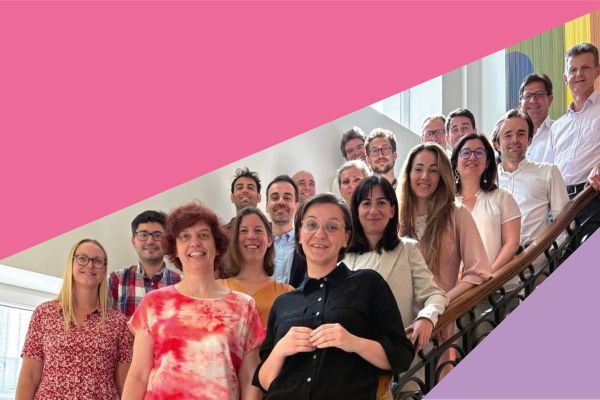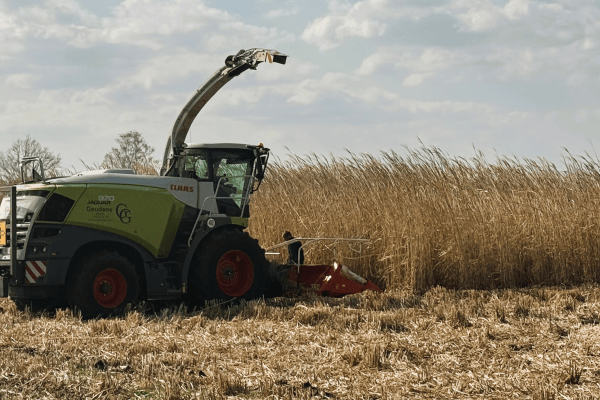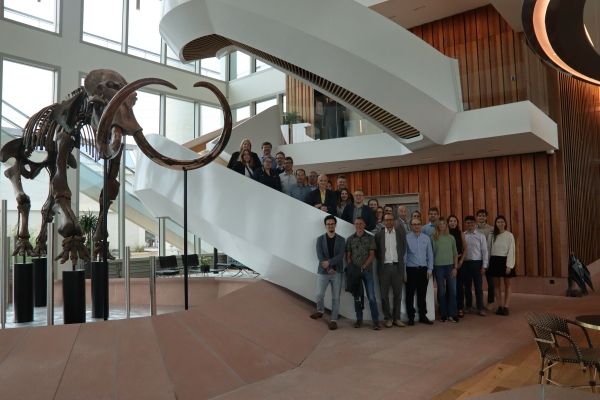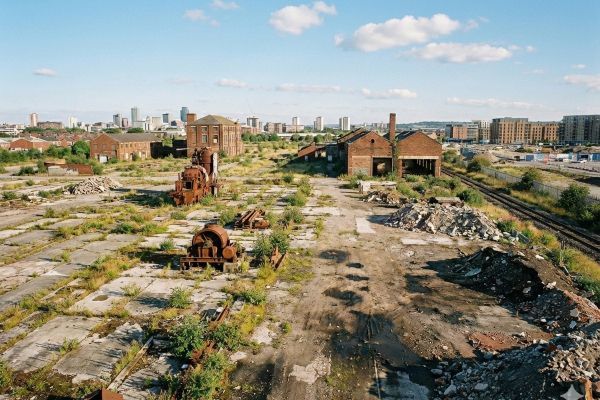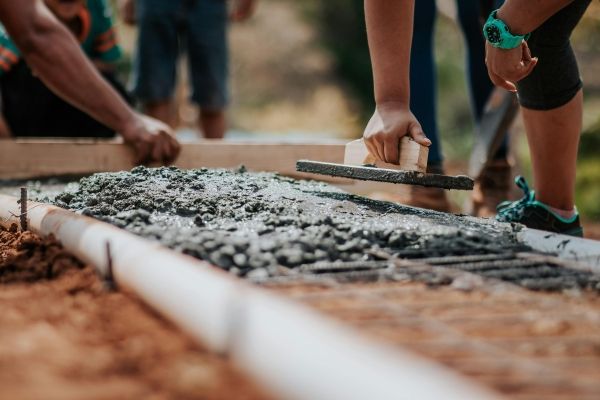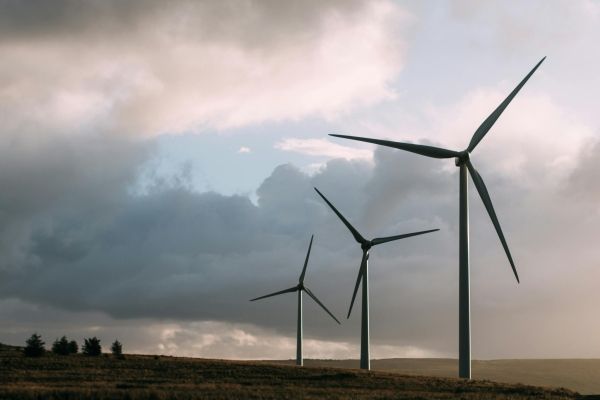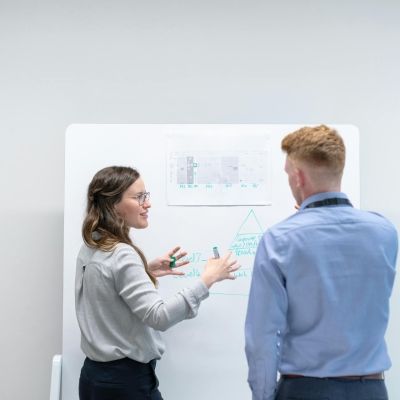VITO contributes to a sustainable bicycle industry with a new living lab
Electric bikes are 20 to 50 times more environmentally friendly than electric cars, emitting 2 to 5 grams of CO2 per kilometre driven. Even if you charge your bicycle's battery with green electricity, there can be CO2 emissions along the entire sustainability chain, because bicycles are produced in countries where the electricity mix is not yet as green. Electric bikes also contain a lot of rare, valuable materials. Those who care about sustainability should therefore choose a high-quality bicycle and use it for as long as possible. In order to take steps towards sustainability, research centre Flanders Make and VITO are launching a living lab, together with a consortium* of innovative players in the Flemish e-bike landscape.
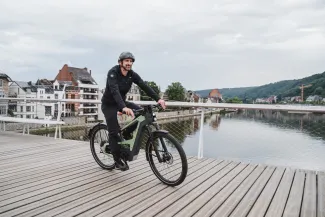
Until now, the bicycle industry has mainly focused on selling as many new bicycles as possible. Large foreign suppliers of bicycle parts often make new versions that deliberately do not match older versions of their parts. In addition, cheap electric bikes are also more difficult to repair, and labour costs are high in our region. Therefore, it is often cheaper to buy a new electric bike than to repair or refurbish an existing one. Making the bicycle industry sustainable is therefore a big challenge. With this living lab, we are taking up the challenge. Our focus is on fast electric bikes or 'speedpedelecs'.
"In the living lab 'CaDaNS'**, we are building an ecosystem of companies that supports the full life cycle of sustainable e-bikes and their components. The manufacturer continues to own the bike and we are working out subscription formulas where the customer pays to always have a well-functioning and comfortable e-bike. For example, the trip to and from work becomes an energy saver instead of an energy eater. We can apply what we learn from this to other sectors afterwards, and we will share this information with the wider industry in Flanders," explains Klaas Gadeyne, Research Architect at Flanders Make.
"To exploit the full growth potential of these speedpedelecs as a sustainable means of mobility, we want to get more people on their bikes. We put the emphasis on commuting, which in Belgium accounts for some 50 million kilometres travelled every year, only 1% of which is done by bike or on foot. With a decent speed pedelec, such a bicycle trip is also feasible for people who live 30 to 40 kilometres from work, and for the really enthusiastic, even more", adds Frederik Petré, Project Manager of Flanders Make.
In this project, VITO is calling on its expertise on circular business models and impact analysis to support the business partners in working out and testing a circular value chain for the speed pedelec. "Among other things, we will research the factors that determine whether employers and employees are open to circular 'Bike-as-a-Service' models, so that the bicycle and subscription formula can be geared to this," explains Emma Pals, researcher on circular business models at VITO. "We also use scenario models to inform companies about the circularity and environmental impact of the value chain they are designing, so that they can improve its sustainability step by step," adds Jeroen Gillabel, researcher circular economy and digital innovation at VITO.
To test the Bike-as-a-Service concept in real conditions, we are involving some Antwerp companies that can use it to provide easy accessibility for their employees. Employees are increasingly looking for a healthy work-life balance and also judge their employer on sustainability. So with a sustainable speedpedelec for employees, companies have an extra asset in the war for talent and to keep their current employees on board.
* The following partners are part of the consortium:
Flanders Make, Åska Bike, Bebat, Bikebat, Group INTRO, KU Leuven, o2o Bicycle leasing, Sortbat, VITO.
** CaDaNS stands for "Circular, Data-driven Value Network around Speedpedelecs".
VLAIO is the Flemish government's point of contact for all entrepreneurs in Flanders. We stimulate and support innovation and entrepreneurship and contribute to a favourable entrepreneurial climate. We do this in cooperation with numerous partners. VLAIO is fully committed to circular entrepreneurship. That is why this VLAIO project received support and resources from the European Commission's NextGenerationEU fund.




